Changes in climate due to global warming

What is climate change?
Global warming doesn’t mean we’ll all just have warmer weather in future.
As the planet heats, climate patterns change. It’ll mean more extreme and unpredictable weather across the world – many places will be hotter, some wetter, others drier.
We know the planet has warmed by an average of nearly 1°C in the past century. That might not sound much, but on a global scale it’s a huge increase and it’s creating big problems for people and wildlife.
Burning fossil fuels
Over the past 150 years, the world’s industrialised nations have changed the balance of the by burning huge amounts of fossil fuels (concentrated carbon such as coal, oil and gas)
Breeding cattle and cutting down forests
Industrialised nations have also breeding vast numbers of methane-producing livestock and cutting down the forests that naturally absorb carbon dioxide from the air.
Trapped carbon dioxide
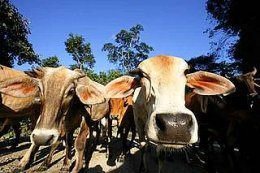 The extra carbon dioxide in the atmosphere traps more of the sun’s heat, so it’s been raising global temperatures. The speed of change has been faster than any natural process, and faster than many natural systems can adapt.
The extra carbon dioxide in the atmosphere traps more of the sun’s heat, so it’s been raising global temperatures. The speed of change has been faster than any natural process, and faster than many natural systems can adapt.
How hot can it get?
A rise of just 2°c would mean:
- severe storms and floods in some countries, droughts in many more
- seas become more acidic, coral and krill die, food chains are destroyed
Beyond 2°c:
Scientists predict possible rises of up to 6°C this century if we don’t drastically cut greenhouse gas emissions.
It almost doesn’t bear thinking about what this would mean:
- Rainforests dying.
- Increased melting of the ancient ice sheets of Greenland and Antarctica.
- Dramatic sea level rises.
- And people and animals suffering along the way.
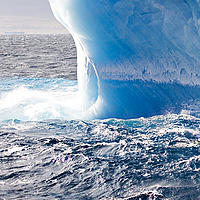 What the science is telling us
What the science is telling us
Some people might try to tell you that global warming is natural, or that the Earth is actually cooling. Or they might suggest there’s nothing we can do. But here’s what the science tells us:
Temperatures are rising faster than ever
The Earth’s climate has always changed: temperatures have risen and fallen over thousands of years. But it’s happening now at a far faster rate than ever before, which doesn’t give the world’s species (including ourselves) much time to react or adapt.
Man made global warming
The overwhelming evidence is that the global warming we’re seeing now is mostly man-made – it’s largely down to burning fossil fuels and large-scale deforestation. It’s not a natural process, no matter how much climate change deniers may claim it is.
The good news is that if we accept humans are a major cause of climate change, we can choose to . But we have to do it soon.
 Global warming terms explained:
Global warming terms explained:
Carbon dioxide (CO2)
Carbon dioxide is a natural gas. It’s essential for all life on Earth. It’s absorbed by plants as they grow, and emitted by all life forms when they respire and when they die (or when they’re burned as fuel). Other than water vapour, it’s the most common greenhouse gas.Greenhouse gases
Greenhouse gases include carbon-based gases such as carbon dioxide and methane. They’re vital in the Earth’s atmosphere in certain quantities because they help trap and retain some of the sun’s heat (the ‘greenhouse effect’). This makes life as we know it possible on Earth – without it the world would be mostly frozen. But too much is dangerous, too.Carbon cycle
The carbon cycle is the natural process by which carbon gases are emitted and absorbed across the globe. This determines the overall levels of carbon gases in the atmosphere.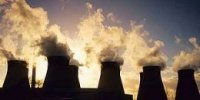
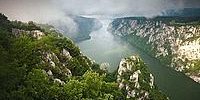
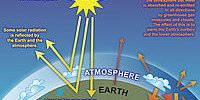
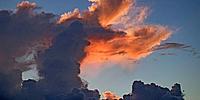
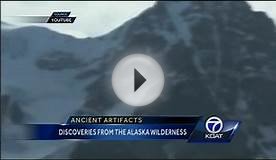
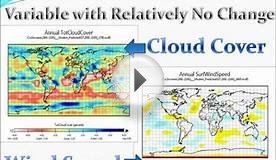
|
Can Mankind survive the consequences of Global Warming due to the shortening of the distance between the Earth and the Sun?The Catastrophic Aftermath of the Mars/Earth Collision 10 000 Years Ago. eBooks (Elsar (Amos) Orkan MD) |